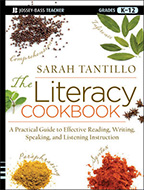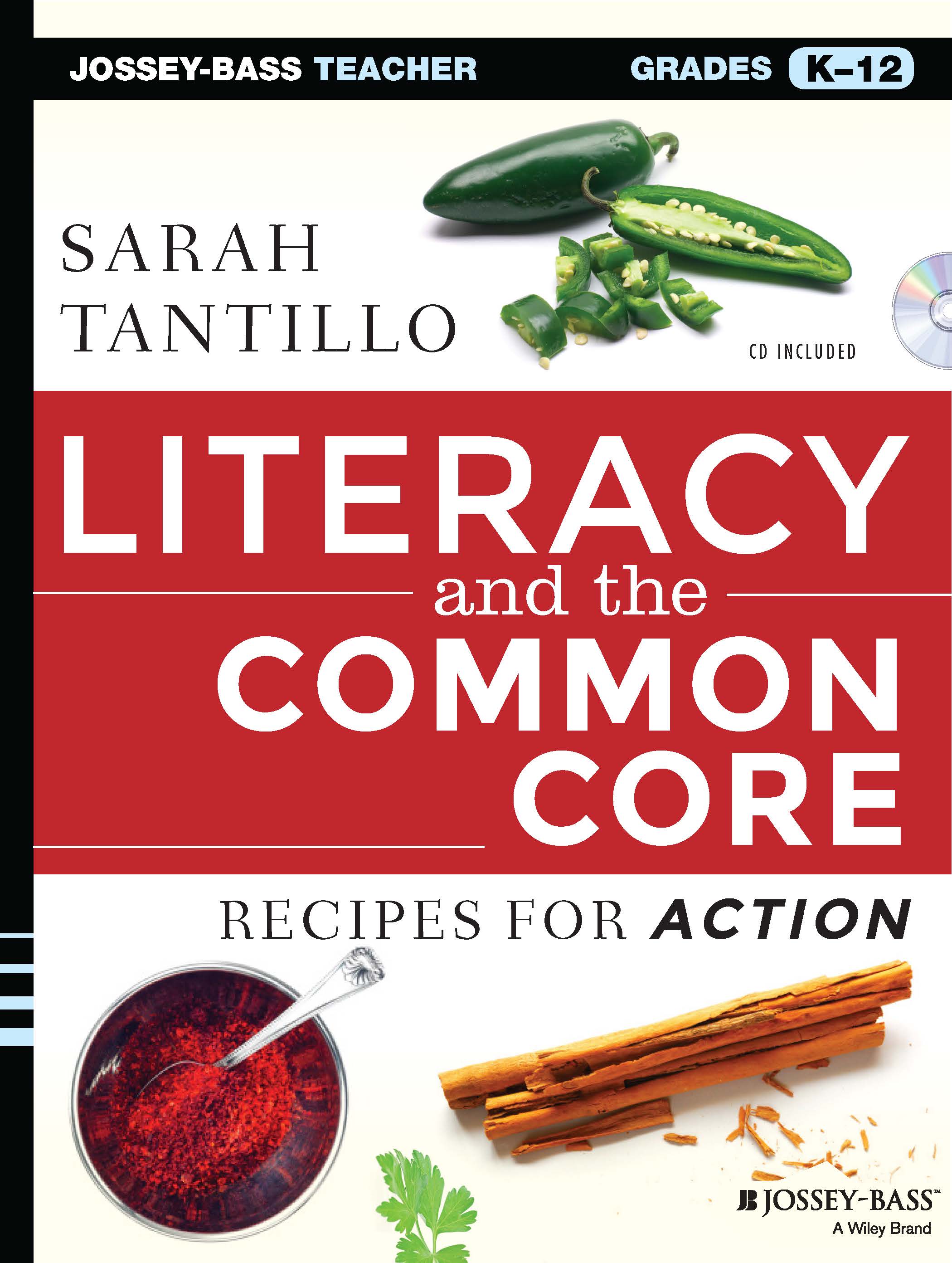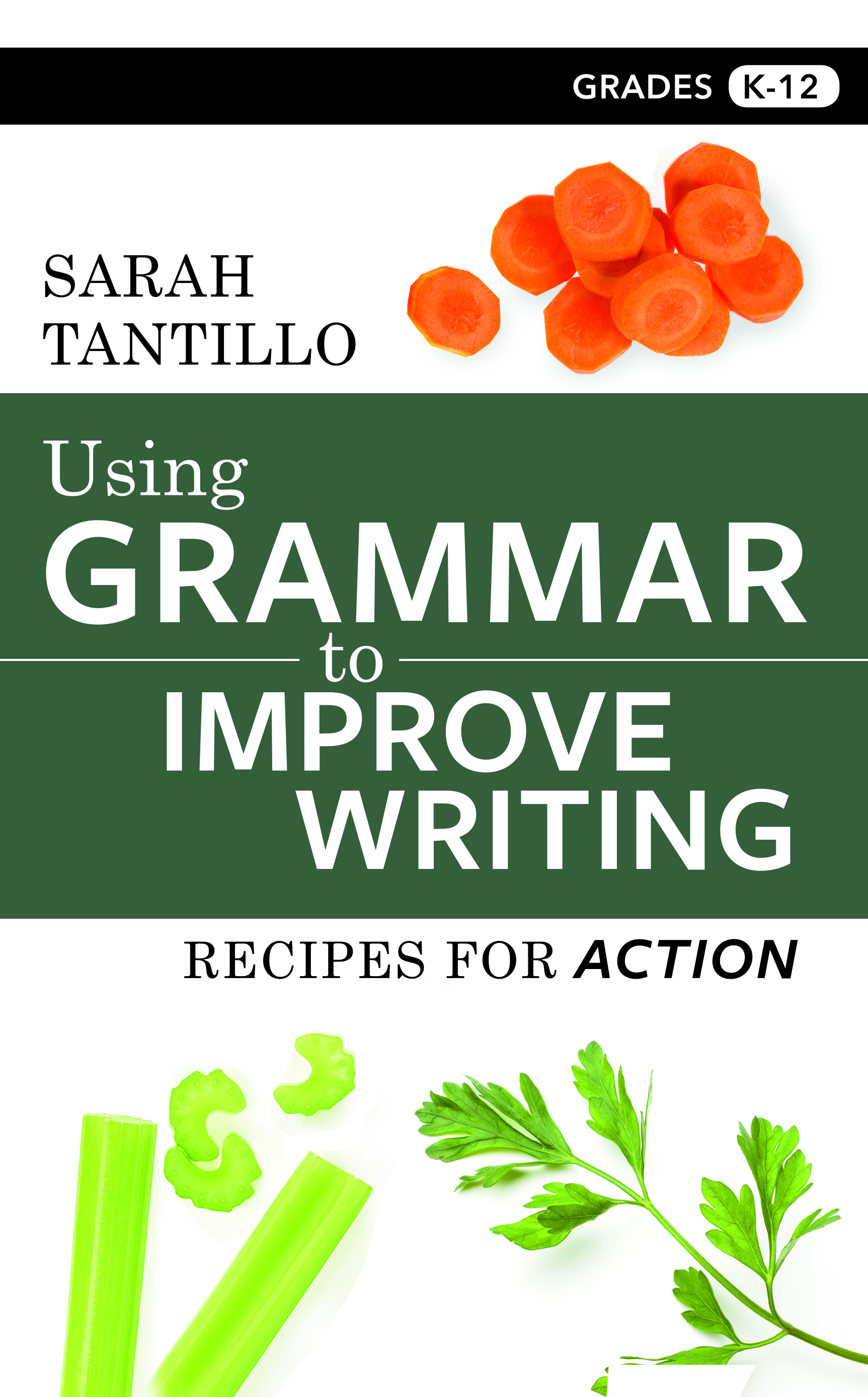One of the nicest gifts anyone can give me is the title of a great book. This page is for you. The downloadable lists are for your students. ALSO: PLEASE CHECK OUT MY BLOG, "ONLY GOOD BOOKS"!!!

LOOKING FOR GOOD BOOKS? Check out the Independent Reading page! See also these TLC Blog posts on text selection.
- Booktalks Quick and Simple provides blurb recommendations for THOUSANDS of books appropriate for K-12.
- Lexile Framework for Reading will help you find books that are matched to your students' reading levels (Lexiles measure the difficulty of syntax and vocabulary). THIS LINK matches GRADE-LEVEL TEXT COMPLEXITY BANDS with LEXILE BANDS so you can find books on particular grade levels. Check out the Guided Reading page, too. For additional excellent resources on reading instruction (esp. nonfiction text support), even if your state doesn't use PARCC assessments, check out the PARCC Prep page.
- Worldcat.org will help you search both libraries and bookstores. It even provides price comparisons among the booksellers!
- Another hint: On Barnes & Noble.com or Amazon.com, find a book you've already enjoyed, then read the sidebar list for "People who bought this book also bought..."
- Teachers College Reading and Writing Project features an array of helpful literacy resources, including Frequently Used Booklists.
- The CYBILS (Children's and Young Adult Bloggers' Literary Awards) provide great titles to consider.
- NPR offers a special series called Three Books, where reviewers recommend three books on a given theme. Also, check out "100 Best-Ever Teen Novels"!
- GoodReads is another great source of book ideas. Here is a GoodReads recommended list for middle school students.
- What Should I Read Next provides recommendations based on titles you enter. Super-helpful! (Thanks to Shannon Marshall at Great Oaks CS for this lead!)
LOOKING FOR A COOL PROJECT IDEA?
The Nonfiction Book Talk Project requires students to read a nonfiction book, describe it briefly, then answer the audience’s questions about it. This project includes an overview of the assignment, the audience’s questions, a scoring checklist, and a list of recommended nonfiction books. This assignment has worked very well with HS students and can be modified for MS students or for a different genre of reading. If you're reading a novel, try the Book Talk Project for Class Novel. For more information, check out the Book Talk Projects page.
RECOMMENDED READING FOR EDUCATORS:



To order, click HERE! To order, click HERE! To order, click HERE!
1. Check out THE LITERACY COOKBOOK blog!
2. Check out my other blog, ONLY GOOD BOOKS! NOTE: Titles noted with three asterisks (***) include a link to my review of the book.
3. Check out the lists below.
ON CURRICULUM AND INSTRUCTION:
Bambrick-Santoyo, Paul. Driven by Data: A Practical Guide to Improve Instruction. San Francisco: Jossey-Bass, 2010.
---. Leverage Leadership: A Practical Guide to Building Exceptional Schools. San Francisco: Jossey-Bass, 2012.
Calkins, Lucy, Mary Ehrenworth, and Christopher Lehman. Pathways to the Common Core: Accelerating Achievement. Portsmouth, NH: Heinemann, 2012.
Esquith, Rafe. Teach Like Your Hair's on Fire: The Methods and Madness Inside Room 56. New York: Penguin Books, 2007.
Wiggins, Grant, and Jay McTighe. Understanding by Design (2nd ed.). Alexandria, VA: ASCD, 2005.
ON READING/VOCABULARY:
Appleman, Deborah. Critical Encounters in High School English: Teaching Literary Theory to Adolescents. New York: Teachers College Press, 2000.
Beck, Isabel L., and Margaret G. McKeown. Improving Comprehension with Questioning the Author. New York: Scholastic, 2006.
Beck, Isabel L., Margaret G. McKeown, and Linda Kucan. Bringing Words to Life: Robust Vocabulary Instruction. New York: Guilford Press, 2002.
---. Creating Robust Vocabulary: Frequently Asked Questions & Extended Examples. New York: Guilford Press, 2008.
Beers, Kylene. When Kids Can't Read: What Teachers Can Do. Portsmouth, NH: Heinemann, 2003.
Daniels, Harvey, and Steven Zemelman. Subjects Matter: Every Teacher's Guide to Content-Area Reading. Portsmouth, NH: Heinemann, 2004.
Gallagher, Kelly. Deeper Reading: Comprehending Challenging Texts, 4-12. Portland, ME: Stenhouse Publishers, 2004.
Harvey, Stephanie, and Anne Goudvis. Strategies That Work: Teaching Comprehension for Understanding and Engagement (2nd ed.). Portland, ME: Stenhouse Publishers, 2007.
Hyde, Arthur. Comprehending Math: Adapting Reading Strategies to Teach Mathematics, K-6. Portsmouth, NH: Heinemann, 2006.
Keene, Ellin O., and Susan Zimmerman. Mosaic of Thought: The Power of Comprehension Strategy Instruction (2nd ed.). Portsmouth, NH: Heinemann, 2007.
Lattimer, Heather. Thinking Through Genre: Units of Study in Reading and Writing Workshops 4-12. Portland, ME: Stenhouse Publishers, 2003.
Miller, Donalyn. The Book Whisperer: Awakening the Inner Reader in Every Child. San Francisco: Jossey-Bass, 2009.
Richardson, Jan. The Next Step in Guided Reading: Focused Assessments and Targeted Lessons for Helping Every Student Become a Better Reader, K-8. New York: Scholastic, 2009.
Robb, Laura. Teaching Reading in Social Studies, Science, and Math. New York: Scholastic, 2003.
Tovani, Cris. I Read It, but I Don't Get It: Comprehension Strategies for Adolescent Readers. Portland, ME: Stenhouse Publishers, 2000.
Trelease, Jim. The Read-Aloud Handbook. New York: Penguin, 2006.
Zwiers, Jeff. Building Academic Language: Essential Practices for Content Classrooms. San Francisco: Jossey-Bass, 2008.
ON WRITING:
Anderson, Jeff. Mechanically Inclined: Building Grammar, Usage, and Style into Writer's Workshop. Portland, ME: Stenhouse Publishers, 2005.
---. Everyday Editing: Inviting Students to Develop Skill and Craft in Writer's Workshop. Portland, ME: Stenhouse Publishers, 2007.
Bernays, Anne, and Pamela Painter. What If?: Writing Exercises for Fiction Writers. New York: HarperCollins Publishers, 1990.
Buckner, Aimee. Notebook Know-How: Strategies for the Writer's Notebook. Portland, ME: Stenhouse Publishers, 2005.
Caine, Karen. Writing to Persuade: Minilessons to Help Students Plan, Draft, Revise, Grades 3-8. Portsmouth, NH: Heinemann, 2008.
Ehrenworth, Mary, and Vicki Vinton. The Power of Grammar: Unconventional Approaches to the Conventions of Language. Portsmouth, NH: Heinemann, 2005.
Elbow, Peter. Embracing Contraries: Explorations in Learning and Teaching. New York: Oxford University Press, 1986.
---. Writing With Power: Techniques for Mastering the Writing Process. New York: Oxford University Press, 1981.
---. Writing Without Teachers. New York: Oxford University Press, 1973.
***Fish, Stanley. How to Write a Sentence and How to Read One. New York: HarperCollins, 2011.
Fletcher, Ralph. What a Writer Needs. Portsmouth, NH: Heinemann, 1993.
Goldberg, Natalie. Writing Down the Bones: Freeing the Writer Within. Boston: Shambhala Publications, 1986.
Graff, Gerald, and Cathy Birkenstein. "They Say/I Say": The Moves That Matter in Academic Writing (2nd ed.). New York: W.W. Norton & Co., 2010.
Lattimer, Heather. Thinking Through Genre: Units of Study in Reading and Writing Workshops 4-12. Portland, ME: Stenhouse Publishers, 2003.
Noden, Harry R. Image Grammar: Using Grammatical Structures to Teach Writing. Portsmouth, NH: Heinemann, 1999.
Robb, Laura. Nonfiction Writing From the Inside Out. New York: Scholastic, 2004.
Tsjimoto, Joseph I. Teaching Poetry Writing to Adolescents. Urbana, IL: National Council of Teachers of English, 1988.
ON HOW WE THINK ABOUT TEACHING, LEARNING, AND CHANGE:
Brown, Peter C., Henry L. Roediger III, and Mark A. McDaniel. Make It Stick: The Science of Successful Learning. Cambridge, MA: Harvard University Press, 2014.
***Dweck, Carol S. Mindset: The New Psychology of Success. New York: Random House, 2007.
Ericsson, Anders, and Robert Pool. Peak: Secrets from the New Science of Expertise. Boston: Houghton Mifflin Harcourt, 2016.
***---. Switch: How to Change Things When Change Is Hard. New York: Broadway Books, 2010.
Hirsch, E.D., Jr. The Knowledge Deficit: Closing the Shocking Education Gap for American Children. New York: Houghton Mifflin, 2006.
Pink, Daniel. Drive: The Surprising Truth About What Motivates Us. New York: Riverhead Books, 2009.
Postman, Neil. Conscientious Objections: Stirring Up Trouble About Language, Technology, and Education. New York: Alfred A. Knopf, 1988.
***Steele, Claude M. Whistling Vivaldi: How Stereotypes Affect Us and What We Can Do. New York: W.W. Norton, 2011.
Thernstrom, Abigail, and Stephan Thernstrom. No Excuses: Closing the Racial Gap in Learning. New York: Simon & Schuster, 2004.
IN THE DOWNLOAD ZONE for Recommended Reading:
- Nonfiction Book Talk Project
- Book Talk Project for Class Novel
- Recommended Nonfiction
- Recommended Poetry Collections
- Recommended Short Story Collections
- Selected Texts to Consider for Grades 4-12 ELA Curriculum, 5-11-15

